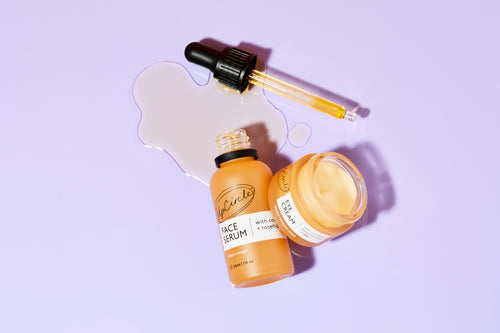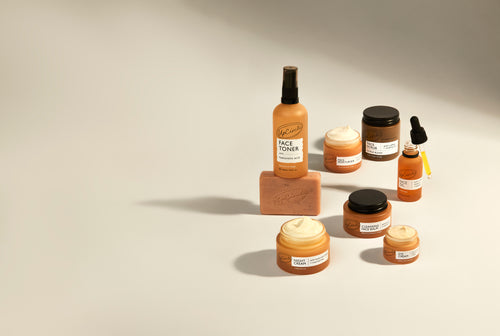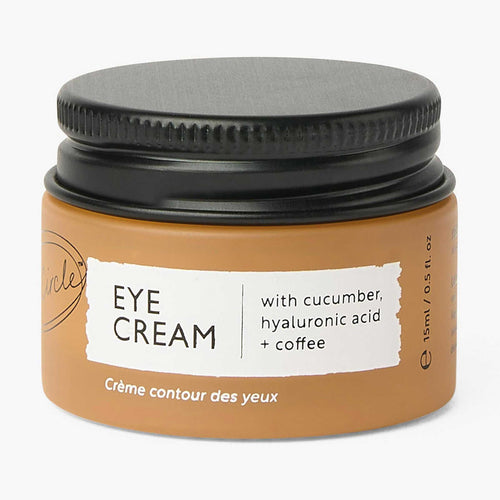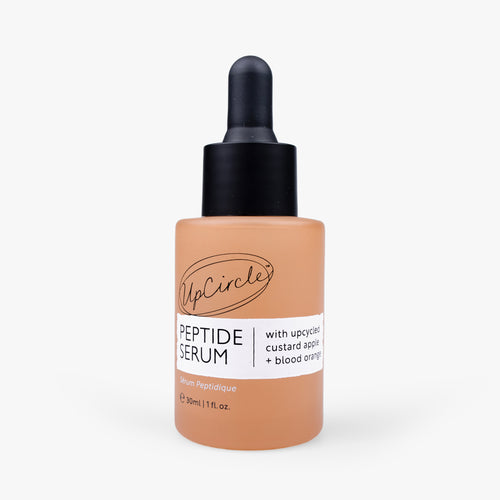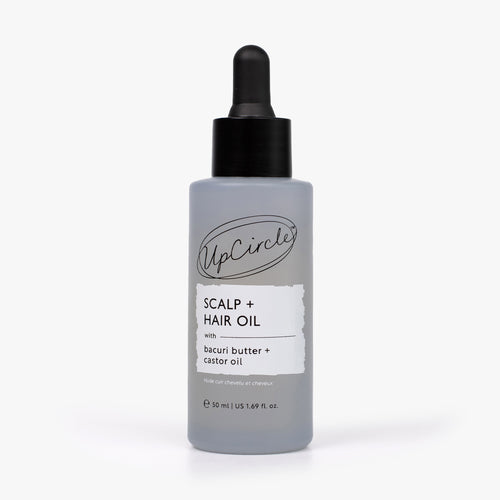As summer approaches and the temperature rises, the humid climate causes a lot of sweating and this sweating brings us all our FAVE skincare phenomena: breakouts, clogged pores, uneven skin tone, dry skin and the rest! Whether you’re working in the heat, travelling in the heat, or simply living your best life in the heat, taking care of your skin is vital during hot temperatures. We are all guilty of not remembering to transition our skincare routine to maintain moisturised and hydrated skin and then wonder why our skin has changed. We've put together the ultimate heatwave skincare survival guide for embracing the impossibly humid conditions whilst still maintaining glowy and healthy skin!
Consequences of not applying SPF (especially in hot conditions..):
Protect your skin from the sun
Protect! Protect! Protect! Protecting yourself during the heat is an essential and obvious step but surprisingly a neglected step in a skincare routine. Remember to choose an SPF that has at least a rating of 25 for full effectiveness and protection from the high UV rays. Take UpCircle’s SPF for example which is a reef-safe mineral sunscreen that provides an essential physical defence against premature ageing caused by the sun and protects you from both UVA and UVB rays. It is also important to remember to reapply often, especially after swimming and sweating.Consequences of not applying SPF (especially in hot conditions..):
-
Sun spots/age spots- these occur when your skin is exposed to sunlight for too long and are associated with itching, burning sensation and tenderness
-
Premature Aging- if you don’t apply SPF, the UV radiation can damage the collagen and connective tissue in your skin which then leads to wrinkles, loose and aged skin.
-
Uneven skin tone- SPF is a non-negotiable for avoiding photoaging and pigmentation abnormalities in the skin.
-
Sun Burns- too much exposure to the sun without applying SPF can develop sunburns which appear as red, hot, painful patches on the skin.
- Skin cancer- UV radiation can cause DNA damage that can generate gene mutation and cause skin cancer.

